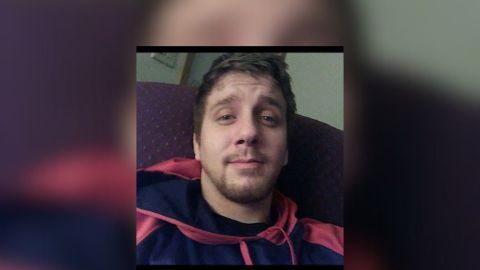ST. PAUL — Encouraging an industry in Minnesota to recover minerals like lithium and nickel from discarded electronics is the goal of a bipartisan bill in the Legislature.
Supported by a diverse coalition of legislators, unions and advocacy groups — including several Iron Range legislators on both sides of the aisle — the legislation would establish an advisory task force to focus on critical minerals recovery in the state.
The bill’s sponsor, DFL Rep. Liish Kozlowski of Duluth, said these minerals are critical to a clean energy future and focusing on their recovery in Minnesota could boost in-state production of solar panels or wind turbines.
"We should create conditions to build Minnesota’s clean energy here in Minnesota and recycling these critical minerals can help us to create that resilient and localized supply chains we know we desperately need, especially up in Northern Minnesota and on the Iron Range," Kozlowski said.
The task force would investigate the technologies and look at the infrastructure needs for collecting, transporting and recycling the materials, with the goal of keeping the minerals out of landfills.

Rep. Roger Skraba, R-Ely, said the recent discovery of a helium deposit in Lake County pairs well with the push for mineral recovery in the state.
Like some of these minerals, helium is also used to produce computer chips.
"The president of the United States wants chips to be made in the United States," Skraba said. "We have the helium here from Minnesota, we have this product here from Minnesota, we could easily manufacture chips in Minnesota based on all the pieces in the puzzle."
The task force would include representatives from the solid waste and energy industries, manufacturing, labor, tribal governments and experts in environmental justice.
The bill was laid over Wednesday, April 3, by the House Environment and Natural Resources Finance and Policy Committee for possible inclusion in a larger bill.
-
Crow Wing County's Eric Klang said agents worked out of the sheriff's office while temporarily stationed in the lakes area, asking him for guidance on "what's off limits."
-
Plus: Community members show up to Nevis council in support of Wild Tiger Skate Park; House 2A Rep. Bidal Duran announces reelection plans; and the latest for Northland winter athletes.
-
Crow Wing County's Eric Klang said agents worked out of the sheriff's office while temporarily stationed in the lakes area, asking him for guidance on "what's off limits."
-
There was standing room only for much of the Nevis City Council's monthly meeting on Feb. 9, 2026, as the Council considered continuing its support for a local skate park.
-
Corey Adam Bryant was last seen in Bemidji on Dec. 19, 2025, but was last in touch with family in January 2026.
-
Plus: Northern, MN to become Northern MN's newest city; and 14 Northland athletes competed in the Alpine Ski state tournament Feb. 10, 2026.
-
Minneapolis businesses are estimated to have lost $10 to $20 million in sales each week of Operation Metro Surge, which began in December 2025.
-
An administrative law judge ruled in favor of the township's petition to become a city while denying Bemidji's counterpetition to redraw its boundary around Lake Bemidji.
-
The School Board voted down the alternative schedule 4-2. In the coming months, the district will have to figure out how else to cut 12% of its budget.
-
Three rural Northern Minnesotans placed at the state alpine ski meet in Biwabik on Feb. 10, 2026.











